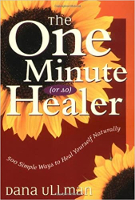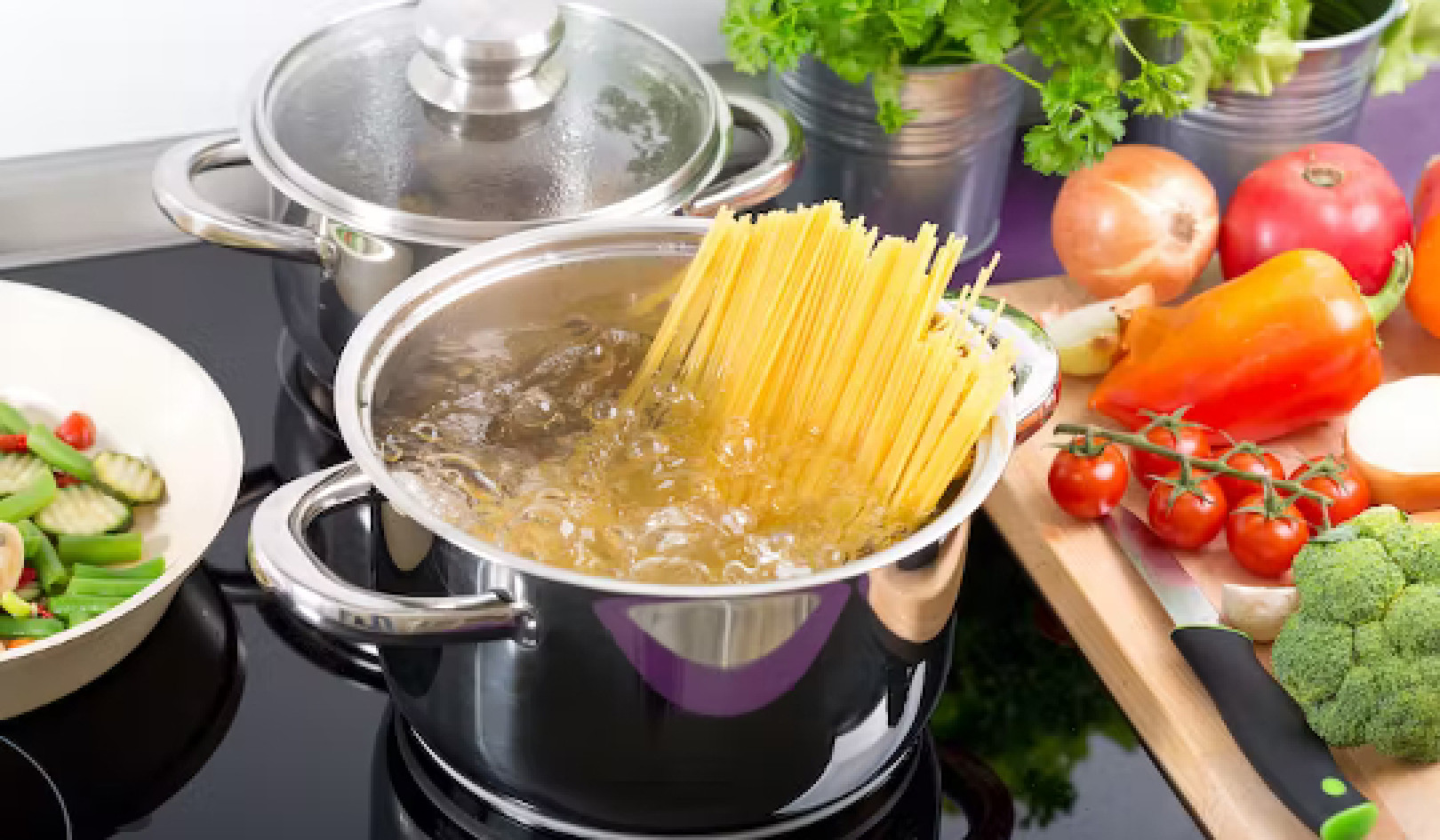
The average adult has 35 million digestive glands. These glands produce one of the most powerful corrosives known -- gastric acid. Gastric acid is so strong that it can dissolve a razor blade in less than a week. As a result, the body must create a new stomach lining every three days.
Actually, stomach acid isn't "the bad guy". Stomach acid is not only essential for digesting foods, it is vital for our survival because it kills fungi, bacteria, and viruses that are ingested with food. If we didn't have the protection that the gastric acid gives us, we would be more susceptible to food poisoning, parasites, and other digestive dilemmas -- including ulcers.
Research has now confirmed that most people with ulcers actually have a normal amount of gastric acid. The problem isn't having too much acid; it's in the body's ability to keep the lining of the stomach intact.
The initial symptoms of an ulcer are usually belching and bloating, which can mislead the sufferer into thinking that you are just experiencing gas. You may also feel hunger pangs and a burning, gnawing, and/or sharp pain in the abdominal area. The pains tend to be felt 45 to 60 minutes after eating a meal, although they can also be experienced on an empty stomach. The pains tend to be temporarily relieved by eating food. Because ulcers can create medical emergencies, people with an ulcer, or those who think that they may have one, should seek medical attention.
Relatively recently, researchers discovered that a type of bacteria, Helicobacter pylori, may cause ulcers. Antibiotics have become the treatment of choice because of this assumption. However, antibiotics can aggravate digestive problems and create new ones.
Not too long ago, the most common advice that doctors gave ulcer patients was to eat a bland diet: usually boiled fish, rice, steamed vegetables, and milk; no spices, pizza, or chili; and no Mexican, Italian, Indian, or Thai food (bummer!). As it turns out, this wasn't such good advice, as there is no real evidence that spicy foods cause or exacerbate ulcers (whew!).
There are, however, certain foods, drinks, and behaviors that can increase gastric acids and thus create a problem for those people who are not adequately replacing their stomach lining every three days. Here are some ulcer do's and don'ts.
(EDITOR'S NOTE: The remedies presented here have taken from the book: "The One Minute (or so) Healer" by Dan Ullman, MPH. While we present 10 suggestions here, the book contains 19 one-minute strategies for ulcers.)
Milk burns!
Although milk initially coats the stomach walls, providing temporary relief, the stomach secretes increased acid to digest the milk, ultimately making stomach discomforts worse than before. Avoid this rebound effect by avoiding milk.
Painkillers can be stomach killers
Aspirin is known to cause increased bleeding in the stomach that can exacerbate an ulcer. By the way, some antacids, notably Alka-Seltzer, contain aspirin so be careful of what antacid you take. Even worse than aspirin are nonsteroidal anti-inflammatory drugs such as Motrin or Advil that can irritate the stomach lining and aggravate an ulcer.
Ulcer accomplices
Smoking, alcohol, and caffeine don't "cause" ulcers, but they do reduce the stomach's ability to protect itself, thus increasing the chances that you'll get an ulcer.
An ulcer's no good friends
Fried foods, citrus fruits, chocolate, alcohol, black tea, and coffee (regular and decaffeinated) increase gastric acids and can aggravate your ulcer.
Lick an ulcer with licorice root
Licorice root has been use for centuries in herbal medicine for various conditions including ulcers. Its protective effects on the stomach lining reduce stomach discomfort. You can obtain a piece of the root from an herb or health food store; it is recommended to suck on it for 20 minutes before meals. For people who aren't "suckers", you can obtain licorice root in tablet or capsule form. People with high blood pressure must be careful with this herb because it can elevate blood pressure. Such individuals should take a new product, deglycyrrhizinated licorice, which eliminates this potential problem; it is available in health food stores.
A slippery soother
Slippery elm is one of the most effective herbs in botanical medicine for soothing inflamed mucous membranes or ulcers. Simply pour boiling water over slippery elm powder and let it steep for ten minutes. Make certain to stir occasionally so that a "Nestle's Quick Effect" (the settling of the powder to the bottom of the glass) does not occur. Sip.
An Indian spice is nice
Turmeric, a popular Indian spice, has been found to protect the stomach lining due to its powerful antioxidant effects. Consider adding it to whatever food you cook, but expect its yellow-orangish nature to turn your food this color.
An ulcer extinguisher
Aloe vera is known to be very effective in treating burns and can likewise put out the fire of an ulcer. If you have a fresh aloe plant, open one of the stalks of the plant and spoon out the watery gel, and blend it with water and drink it. If you don't have a plant, get aloe vera juice from a health food store. (Make certain that the juice you purchase is digestible; health food stores sell many inedible cosmetics made with aloe vera.)
The seaweed treatment
Nori, the type of seaweed in which sushi is usually wrapped, has an anti-ulcer substance in it. It also has antimicrobial action against many disease-causing bacteria. You can eat it with sushi; or simply take the sheets of nori, dampen and cut them, and add it to salads, steamed vegetables, or grain dishes.
Express yourself
Pent-up feelings, especially anger, can irritate you psychologically and physically. Express whatever you are feeling. If your feelings cannot be expressed in words, go to a place where you won't disturb others, and scream. Screaming in your car or into a pillow are probably the two most common ways to release your frustrations.
Article Source
The One Minute (or so) Healer
by Dana Ullman, MPH.
 The One-Minute (Or So) Healer, drawing on a wide range of natural healing approaches including nutrition, yoga, homeopathy, massage, relaxation, and even humor, not only gets readers back on their feet, but also provides them with quick and easy ways to do so.
The One-Minute (Or So) Healer, drawing on a wide range of natural healing approaches including nutrition, yoga, homeopathy, massage, relaxation, and even humor, not only gets readers back on their feet, but also provides them with quick and easy ways to do so.
Using a relaxed, humorous style, this guide addresses 31 common health problems along with 500 healing techniques.
Click here for more info or to order the latest edition of this book.
(EDITOR'S NOTE: The remedies presented here have taken from the book: "The One Minute (or so) Healer" by Dan Ullman, MPH. While we present a few suggestions here, the book contains 500 simple ways to heal yourself naturally.)
About the Author
 DANA ULLMAN M.P.H. is one of America’s leading advocates for homeopathy. Hehas been certified in classical homeopathy by the leading organization in the U.S. for professional homeopaths. Dana has authored 10 books. He has also created an e-course How to Use a Homeopathic Medicine Kit which integrates 80 short videos (averaging 15 minutes) with his famous ebook, entitled Evidence Based Homeopathic Family Medicine.
DANA ULLMAN M.P.H. is one of America’s leading advocates for homeopathy. Hehas been certified in classical homeopathy by the leading organization in the U.S. for professional homeopaths. Dana has authored 10 books. He has also created an e-course How to Use a Homeopathic Medicine Kit which integrates 80 short videos (averaging 15 minutes) with his famous ebook, entitled Evidence Based Homeopathic Family Medicine.
He is the founder of Homeopathic Educational Services which is America’s leading resource center for homeopathic books, tapes, medicines, software, and correspondence courses. Homeopathic Educational Services has co-published over 35 books on homeopathy. For more about Dana Ullman, visit https://homeopathic.com/about/




























